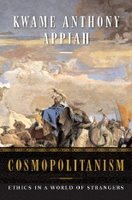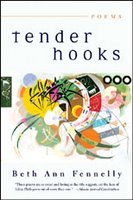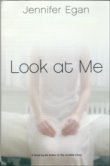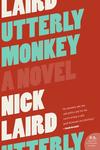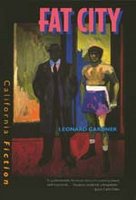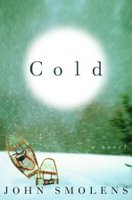
My candidate for the Great Michigan (U.P.) Novel is John Smolens'
Cold.
The "U.P." stands for the Upper Peninsula of Michigan, which makes up nearly one-third of the state's land area but is home to only about 3% of the population. Residents are colloquially known as Yoopers, and they often identify first as such and second as Michiganders. I include these observations here because the setting is vital to Smolens' very compelling literary thriller.
We know from the opening paragraphs that the characters in
Cold are not only severely constrained by the defining events of their lives but by the harshness of the elements.
Liesl Tiomenen saw the man from her kitchen window. It was snowing so hard that he was barely visible, standing at the edge of the woods. He stared toward the house, his arms folded so his hands were clamped under his armpits. He wore a soiled canvas coat and gray trousers, but no hat. His stillness reminded her of the deer that often came into the yard to eat the carrots and apples she left for them.
Liesl went out into the shed and took Harold's .30-.30 Winchester carbine down off the rack, then opened the back door, holding the rifle across her chest. The man didn't move. The north wind chilled the right side of her face; her fingers on the stock felt brittle. He was young, not more than twenty-five, and she could see that he was shivering.
"All right," she said. "You can come inside."
The young man is Norman Haas and he has walked away from the prison where he was serving time for assaulting Warren, his brother, and Noel, his girlfriend, who were cheating on him. He suspects the judge gave him a harsh sentence because he also shot the man who Noel's enraged father sent, Norman believes, to kill him.
Liesl is damaged goods, too: her husband and daughter died in an automobile accident, and she's still trying to get her life together. She knows Norman is an escapee and, after saving his life from the cold and starvation, Liesl attempts to bring him to town through the woods because the roads are impassable. She slips, he escapes again.
Norman collects Noel and their young daughter and they hole up in an uninhabited cabin. Liesl is rescued, after nearly succumbing to the elements she saved Norman from, and she joins forces with the determined Sheriff Del Maki.
With the spare details I've given so far it would be fair to guess that Norman is a pretty vile character. But the fact is, as Liesl and Del surmise, Norman is not some kind of monster: he's simply a guy who has caught some nasty breaks—and may be headed toward more misfortune. Warren, on the other hand, is a very unpleasant fellow. And so is Noel's father. And both of them set out after Norman, Noel, and their child.
And then....
I've told you too much already. Read this fine book for yourself to find out how it all comes together.
As you can see from the opening paragraphs, Smolens wastes no words and yet vividly, almost cinematically, reveals exactly what is going on. Which is to say that while I've given away a small part of the "thriller" plot, you still have the pleasure of the literary experience to enjoy.
John Smolens has generously shared some of his thoughts on the novel that I'll include in Part 2 of this post. Please check back in a few days.
Meanwhile, visit
www.johnsmolens.com for a look at Smolens' other novels, including
Fire Point, which has received strong reviews.
And click
here to read the first chapter of
Cold.
"Cold is a finely crafted, wild yarn set in the great north. John Smolens gives us a suspenseful tale in a style somewhere between Jack London and Raymond Chandler. A fine read."
-- Jim Harrison (author of Legends of the Fall)
--Marshal Zeringue
For The Great California Novel, click
here.
For The Great Oregon Novel, click
here.
For The Great Texas Novel, click
here.
For The Great Louisiana Novel, click
here.
